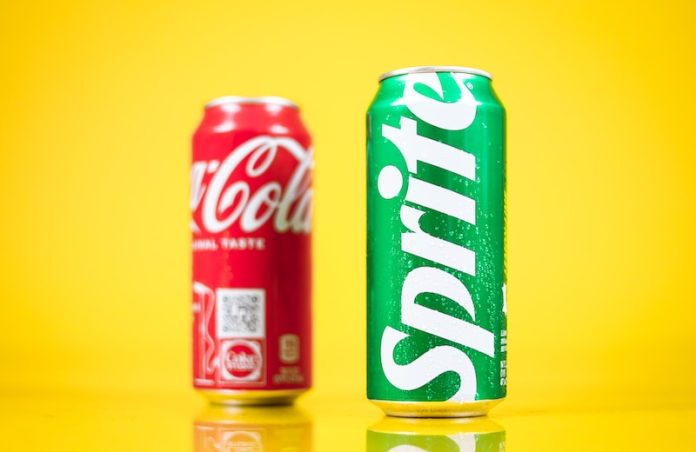
The World Health Organization (WHO) has recently classified aspartame, a popular artificial sweetener used in many diet sodas, as a potential carcinogen.
This change was made by the WHO’s International Agency for Research on Cancer (IARC), which stated that there is some limited evidence that aspartame might contribute to cancer development in humans.
The announcement has sparked renewed debate on the safety of artificial sweeteners.
A Possible Carcinogen, But…
Even though aspartame has been put in the same risk category as aloe vera extract and certain pickled vegetables, this doesn’t necessarily mean it’s dangerous to consume in moderate amounts.
Meghan Windham, a registered dietician with Texas A&M University Health Services, says that it’s more about how much you consume than the substance itself.
“If someone likes to have a diet soda occasionally, that’s not a big deal. But if we’re drinking 12 of them a day, that’s probably not the best choice, regardless of whether it’s carcinogenic or not,” Windham explains.
Understanding the Classification
The IARC sorts carcinogens and potential carcinogens into various categories. Aspartame falls into the “possibly carcinogenic” group, suggesting that while there is some evidence of a risk, it’s not conclusive.
However, Windham stresses that this doesn’t mean we should ignore the classification. While there’s no need for panic, it’s an important topic to keep in focus.
In light of the IARC’s announcement, the Joint Expert Committee on Food Additives set a safe daily intake level for aspartame at 40 milligrams per kilogram of body weight.
This would allow a 150-pound person to safely consume about a dozen diet sodas daily from a cancer risk perspective.
Despite this, Windham advises against pushing these limits. Overconsumption of any kind is rarely healthy, and nutritionally, diet sodas offer little to no benefits. They don’t provide protein, healthy fats, or fiber, which are all vital for our bodies.
Don’t Panic, Just Adjust
While Windham stresses the importance of water and other unsweetened beverages, she also recognizes that there’s a place for artificially sweetened drinks.
For certain groups, such as people with type 2 diabetes who need to manage their sugar intake, diet beverages can be a beneficial option.
The key takeaway? While it’s crucial to stay informed and consider potential health risks, there’s no need for panic or completely eliminating aspartame. Instead, try to strike a balance and practice moderation in your diet.
Follow us on Twitter for more articles about this topic.
Copyright © 2023 Scientific Diet. All rights reserved.





